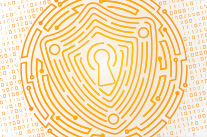- Details
There’s a concept in the packaging industry known as wrap rage. According to Wikipedia, it’s “the common name for heightened levels of anger and frustration resulting from the inability to open packaging.”
We in the telecommunications industry don’t have a similar term. However, the industry does have a history of causing customer rage, as partly indicated by consistently underperforming on Net Promoter Scores (NPS). Moreover, “In 2021, there were over 300 million wireless carrier subscribers in the U.S. With an industry churn rate of 22 percent, that gives us 95 million frustrated customers taking their interests—and wallet—to another provider.” (source)







